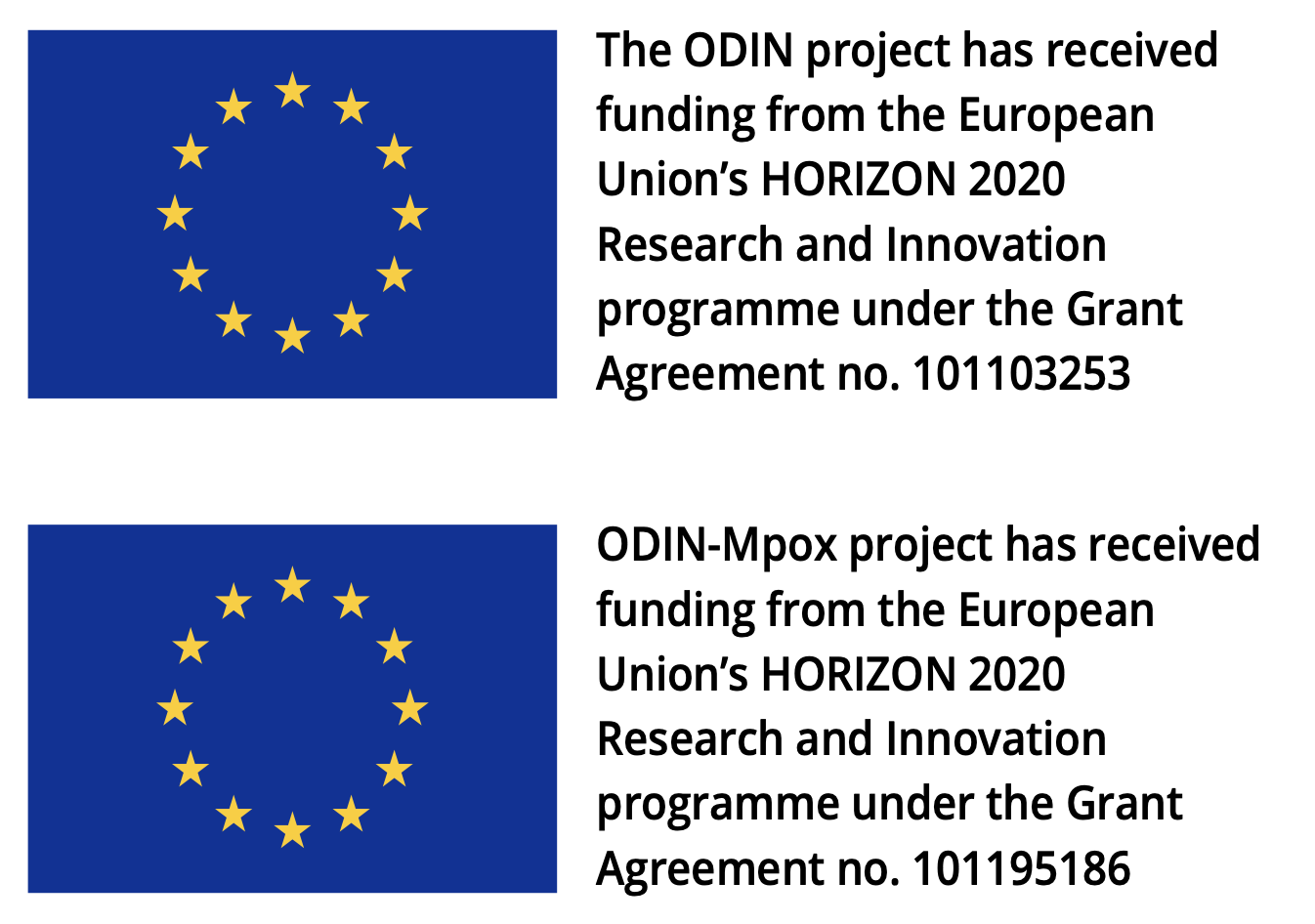Here, various academic experts examine research on environmental surveillance as an early warning system for emerging outbreaks, focusing on lessons learned from Mpox in Africa
The resurgence of zoonotic diseases underscores the need for smarter early warning systems. Mpox’s rapid spread in Africa exposed persistent surveillance gaps and delays in outbreak detection. Environmental surveillance (both static and mobile) offers a population-wide sentinel for early pathogen detection.
Supported by Horizon Europe and Global Health EDCTP3, the ODIN-Mpox initiative demonstrates how integrating wastewater genomics with public health action can revolutionise epidemic preparedness and response across the African continent.
Background
Mpox, a viral zoonotic disease endemic to Central Africa, has surged to over 100,000 suspected cases and 380 deaths in the Democratic Republic of Congo alone, prompting declarations of emergency by the DRC Ministry of Health, Africa CDC, and WHO in 2024. Despite clinical vigilance, conventional surveillance remains constrained by limited diagnostics, fragmented data systems, and low healthcare access in remote areas. Many cases remain unreported until outbreaks are well underway.
Environmental and wastewater surveillance has long proven its value, from polio eradication to SARS-CoV-2 monitoring, by capturing signals from entire populations, including asymptomatic carriers. Applying these principles to Mpox represents a transformative step in proactive outbreak monitoring.
Through Horizon Europe and the Global Health EDCTP3 programme, the European Union has invested in strengthening Africa’s epidemic preparedness through initiatives like ODIN and ODIN-Mpox. These projects bring together African and European partners to operationalise genomic intelligence for health security and establish sustainable One Health surveillance frameworks.
ODIN-Mpox initiative
ODIN-Mpox builds upon the broader ODIN project (“Strengthening Environmental Surveillance to Advance Public Health Action”), a collaborative network spanning the Democratic Republic of Congo, Tanzania, Burkina Faso, and European partners from Sweden, Finland, Norway, Belgium, and the United Kingdom. With emergency funding from the European Union in 2024, ODIN-Mpox focuses on wastewater and environmental genomic surveillance for Mpox virus detection and tracking across sub-Saharan Africa.
The project deploys a combination of static laboratories and mobile field units, equipped with portable qPCR (Biomeme Franklin) and Nanopore sequencing platforms. This enables real-time identification of Mpox sublineages and early warning of outbreaks, even in non-sewered rural communities. Bilingual (English and French) Standard Operating Procedures (SOPs) and ODIN Laboratory Handbook ensure harmonised methods across countries.
Over 50 African scientists have been trained in environmental sampling, genomics, and bioinformatics, establishing a sustainable skills base. Through active collaboration with Africa CDC and the GenEpi Network, the consortium is aligning data-sharing and ethical standards with global health norms.
Beyond technology, ODIN-Mpox’s goal is to reinforce health systems strengthening, linking laboratory surveillance to policy decisions, outbreak alerts, and local public health responses. This integration of innovation, training, and governance demonstrates a model where African institutions lead the genomic preparedness agenda with equitable North–South collaboration.
Policy relevance
Environmental surveillance provides a powerful early warning mechanism, capturing signals of infection from entire populations days or weeks before clinical reporting. In the context of Mpox, this approach bridges the critical gap between silent transmission and visible outbreak, enabling targeted vaccination, contact tracing, and community response.
Equally important is its role in equity and sustainability. ODIN-Mpox’s African-led structure builds local scientific ownership through standardised protocols, training, and mobile infrastructure adaptable to remote settings. This ensures continuity beyond donor-funded cycles and embeds genomic surveillance capacity within national public health laboratories.
The initiative aligns directly with the WHO Pandemic Agreement’s emphasis on genomic data sharing, the EU Global Health Strategy’s call for equitable partnerships, and the Africa CDC’s Pathogen Genomics Initiative for regional resilience. By merging environmental genomics, data standardisation, and local empowerment, ODIN-Mpox provides a scalable One Health model, integrating human, animal, and environmental health for proactive epidemic prevention.
In an era of increasing zoonotic risk and antimicrobial resistance, environmental surveillance must be recognised as critical health infrastructure, not an optional research activity. ODIN-Mpox demonstrates that this model can be effective (and save lives) when scientific innovation meets inclusive governance and policy translation.
Next steps and call to action
In an era of increasing zoonotic risk and antimicrobial resistance, environmental surveillance must be recognised as critical health infrastructure, not an optional research activity. ODIN-Mpox demonstrates that this model can be effective (and save lives) when scientific innovation meets inclusive governance and policy translation.
To sustain these gains, policymakers and donors must act decisively. We call on governments, international agencies, and the scientific community to:
- Recognise environmental surveillance as essential public health infrastructure within national preparedness plans.
- Integrate genomic wastewater surveillance into early-warning frameworks alongside clinical monitoring.
- Support long-term financing for laboratory networks, training, and open data systems to ensure sustainability.
ODIN-Mpox demonstrates the potential of European-African collaboration in science for global health security. By institutionalising environmental surveillance, countries can move from reaction to prevention, detecting outbreaks before they escalate, protecting vulnerable communities, and advancing the collective goal of a safer, healthier, and more resilient world.
For more information:
https://odin-wsp.tghn.org/odin-mpox/


![Pic2 (1)_landscape[9] An urban wastewater sampling point is located in Pakadjuma, Kinshasa. The surrounding environment is characterised by intense commercial activity, particularly food sales, small-scale trade, and informal waste discharge, which makes this location a strategic sentinel point for pathogen surveillance.](https://www.openaccessgovernment.org/wp-content/uploads/2025/10/Pic2-1_landscape9-1068x713.jpg)
